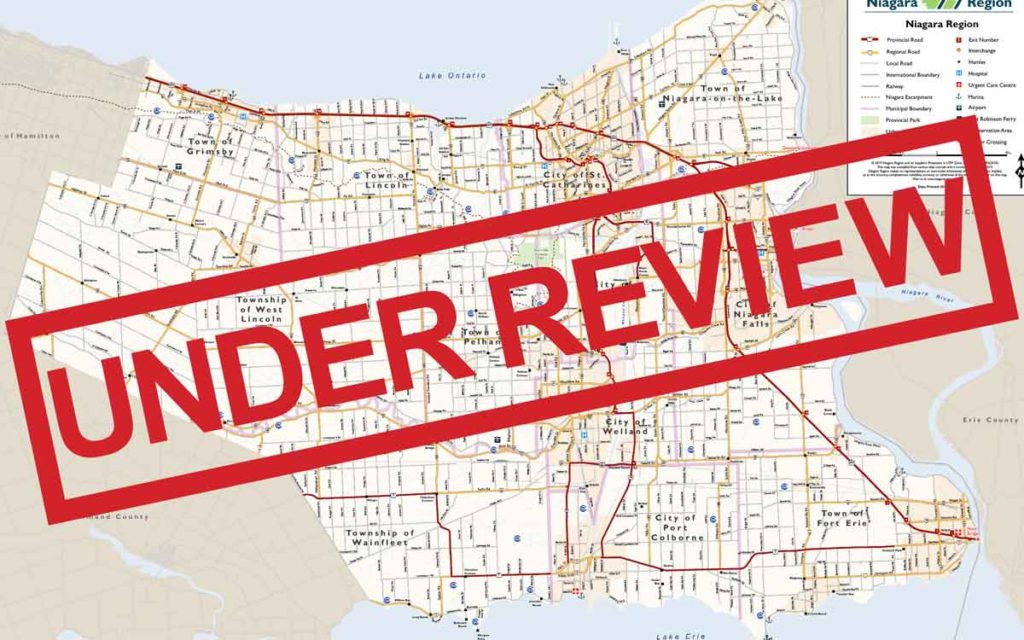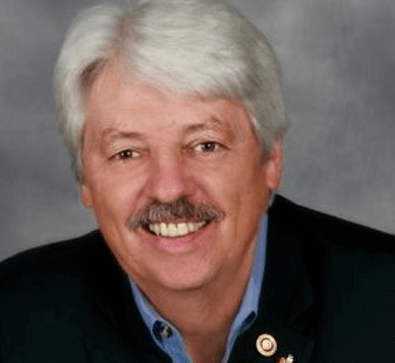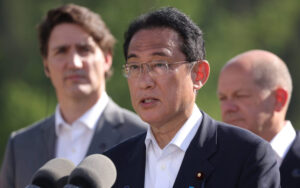
Two consultations and a telephone town hall hosted by MPP Sam Oosterhoff as well as a Brock University session on the subject, offered some ideas on governance options, some old, some new and one wild card; add Dunnville and Lowbanks to the Niagara Region. This was a suggestion made at the Beamsville consultation session by some Haldimand county residents.
The Beamsville consultation heard several concerns about the increased costs with a single city model and that small towns would not get a fair share of attention, citing the Camden example. Some suggested the double duty councillor concept while others suggested two-tier with three or four cities. There was also a concern expressed for the urban rural divide in Niagara. Keeping local council authority over local priority services under a single city model was expressed as a potential problem too.
The telephone town hall registered over 2,000 participants, with 300 staying online to the very end. The same range of advice and opinion was heard by MPP Oosterhoff in that forum.
The Brock session on regional governance featured Dr. David Seigel, speaking to his paper on the subject, “Under the Knife & Under the Gun” with opening comments by Regional Chair Jim Bradley and concluded by Former Regional Chair Debbie Zimmerman.
Seigel was clear that he was not there to make a recommendation but rather to provide statistics and insight into various options. However, on the question of too many politicians he offered the following, “Too many politicians detracts from the Deliberative Function, and too few weakens resident access, weakens the representation function.” Dr. Seigel stated that a race to the bottom was not in the best interest of the citizens.
Regional Chair Bradley told those in attendance that there was no mention of governance restructuring in the recent election when he talked to voters. Bradley said the high number of elected representatives is a protection from big money corruption. Too small a council and the public would get rich people in office or politicians beholden to the wealthy who may have funded their campaigns. Money would play too large a role in electing a small council to serve the entire Region, Bradley indicated.
Debbie Zimmerman concluded the session after the question and answer session. The former regional chair offered no recommendations but rather suggested the discussion focus on, “What do we want to look like for the next 50 years? Zimmerman stated that “Niagara is sicker, poorer and older” than most of the province and that “we should know our demographics, use them, embrace what we are today and develop a made in Niagara solution.”
Niagara is talking about governance now, not only electing the Chair at large, but the future of local council authority over local issues, and the working relationship between the cities and the Region. It seems clear that there will be a different team Niagara for the next election.
Niagara residents can still have their voices heard.

Bruce Timms represented St. Catharines on Niagara Regional Council from 1991 to 2018. During his near three decades in municipal politics, Timms sat on and chaired numerous committees and boards. A lifelong Niagara resident and proud Rotarian, Timms is a professional engineer and home inspector by trade.




















